1. Overly Branded Themes
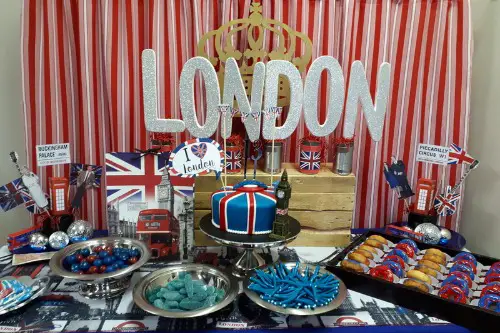
Themes used to be fun and low-effort—Hawaiian shirts, 80s night, you get the idea. Now it’s all “Supper Club Sundays” or “The Amalfi Dream” with color palettes, logo’d signage, and a dress code that matches the drink menu. It’s a vibe, but also a job. Guests feel like extras in someone’s lifestyle brand.
When every detail is curated to the point of resembling a Pinterest mood board, authenticity gets lost. You’re no longer at a friend’s house—you’re on a set. The fun of showing up and just being yourself disappears. And suddenly, you’re wondering if your presence fits the aesthetic.
2. Overly Curated Cheese Boards
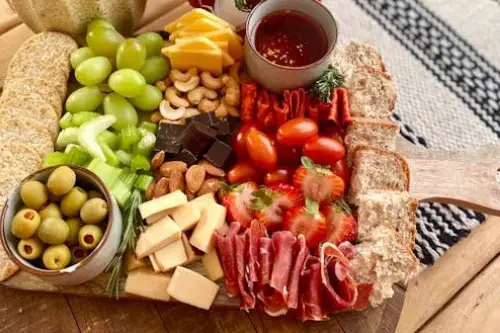
The cheese board used to be a fun, low-key pre-dinner snack. Now, it’s a hyper-curated museum of imported dairy that makes you feel like you’re being judged on your palate. Are you supposed to know which one is the washed-rind? Should you comment on the quince paste or just nod thoughtfully?
Hosts often spend hours arranging figs, honeycomb, and truffle almonds into Instagrammable mosaics. Guests, meanwhile, feel the pressure to react appropriately—like they’re being assessed on their ability to distinguish brie from camembert. The casual nibble has turned into a blind taste test. Nobody wants to fail Cheese 101 at someone’s house.
3. Pre-planned Icebreakers
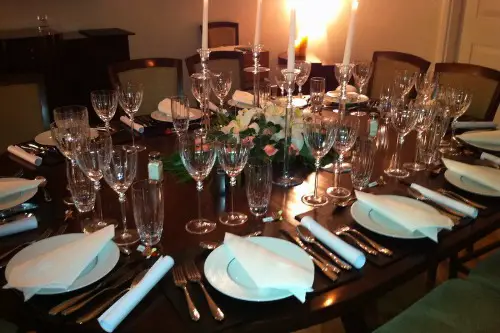
When hosts break out a card deck labeled “Let’s Get Deep” or cue up a “connection game,” it’s a clear signal: your casual hang just turned into emotional speed dating. Not everyone wants to unpack their childhood over sangria. These structured moments often feel more like therapy prompts than party games.
Icebreakers assume guests aren’t capable of naturally mingling or warming up on their own. But forced vulnerability can create awkward silences rather than genuine connection. It feels performative, like you’re being observed for social skills. Who knew attending a BBQ came with emotional homework?
4. Detailed Itineraries
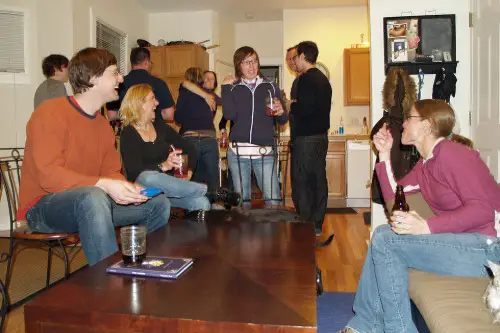
When a host emails an itinerary with time blocks for “mix and mingle,” “group hike,” and “guided journaling,” you start checking for a hidden agenda. A weekend hangout shouldn’t feel like a corporate retreat. Structured fun has its place, but not when spontaneity is the casualty.
Guests start to feel like they’re on a clock instead of relaxing. You’re not just late—you’ve disrupted the carefully engineered vibe. It becomes less about enjoying each other and more about staying on schedule. That’s not a party, it’s an unpaid workshop.
5. Mandatory Potlucks with Theme Requirements
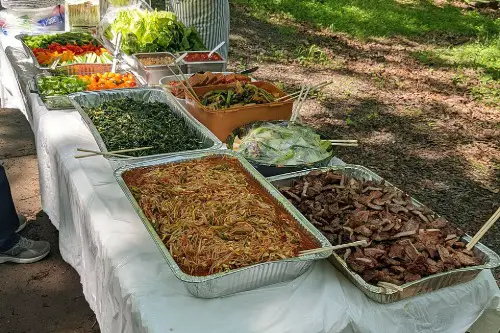
“Bring a shareable, vegan, gluten-free, Mediterranean-inspired dish that represents your personality.” That’s not a potluck—that’s a culinary personality test. The casual contribution has become a curated portfolio piece. If you show up with store-bought hummus, you’re silently disqualified.
These kinds of requirements make guests feel like they’re entering a Top Chef quickfire challenge. Instead of fostering community, it puts pressure on performance. The food becomes more about presentation than pleasure. And when you’re stressing about plating, it’s hard to enjoy a bite.
6. Formal Toast Expectations

These days, hosts don’t just offer a cheers—they cue up heartfelt speeches that would make a wedding planner blush. It’s beautiful, sure, but it sets a tone of performance. Suddenly, guests feel like they should contribute something equally profound or risk seeming cold. It’s not just a toast; it’s a TED Talk.
When a casual drink turns into a gratitude circle, the mood can shift from relaxed to reflective in seconds. People feel caught off-guard, wondering if they’re next. A toast should be a lift, not a litmus test for emotional intelligence. Let people sip without the spotlight.
7. Host “Interviews” Masquerading as Small Talk

Some hosts grill new guests with rapid-fire questions under the guise of “getting to know you.” Where do you work? What’s your five-year plan? Do you believe in hustle culture? It’s less chit-chat, more job screening.
This kind of engagement leaves guests feeling like they’re being vetted for a spot on a social roster. It’s exhausting trying to make a great impression just to earn a second invite. Casual conversation shouldn’t feel like a networking event. Especially not when you’re holding a cocktail, not a résumé.
8. Rigid Dress Codes

Some weekend invites come with specific attire instructions that rival wedding RSVPs. “Garden chic,” “elevated casual,” or “neutral tones only” can turn getting dressed into a decoding exercise. Suddenly, you’re questioning if your outfit screams “out of touch” instead of “weekend chill.” It’s a party, not a fashion internship.
These dress codes create a silent hierarchy of style, where people feel judged before they’ve even said hello. When you’re worrying about whether your denim is dark enough or your shoes are “polished but playful,” it kills the vibe. The emphasis shifts from comfort to conformity. And when comfort goes, spontaneity usually follows.
This post 8 Traditions That Make Weekend Entertaining Feel Like a Job Interview was first published on Greenhouse Black.
